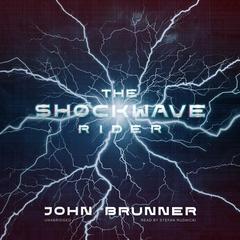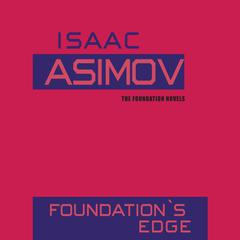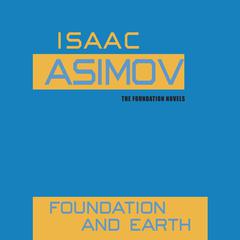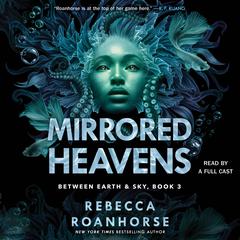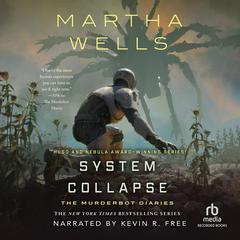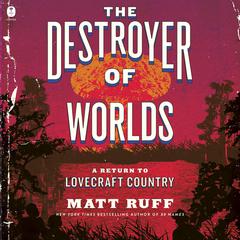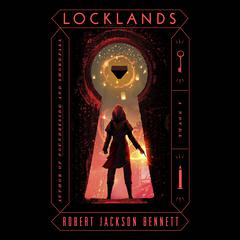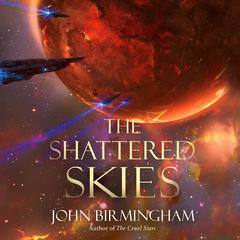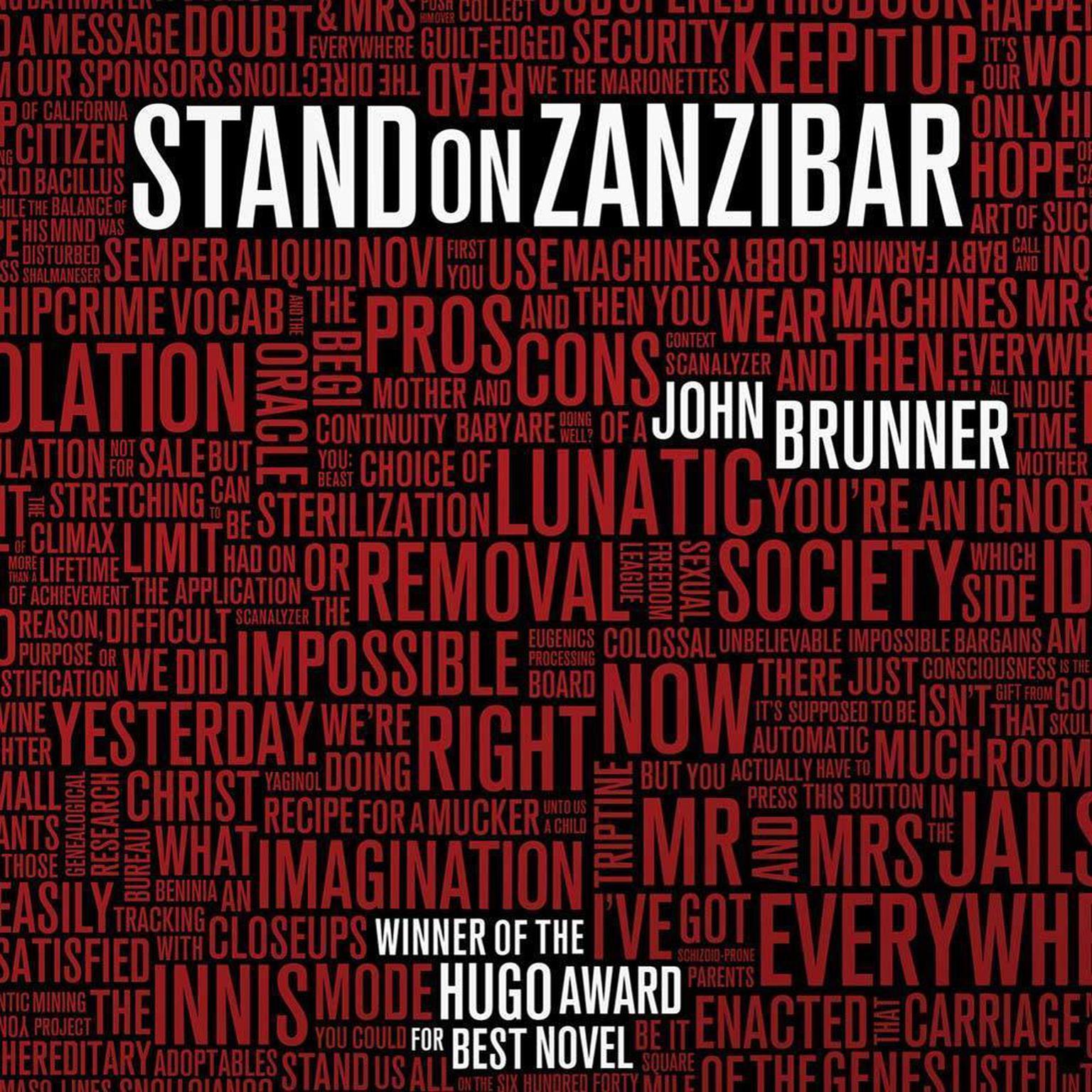 Play Audiobook Sample
Play Audiobook Sample
Stand on Zanzibar: The Hugo Award-Winning Novel Audiobook
 Play Audiobook Sample
Play Audiobook Sample
Quick Stats About this Audiobook
Total Audiobook Chapters:
Longest Chapter Length:
Shortest Chapter Length:
Average Chapter Length:
Audiobooks by this Author:
Publisher Description
Norman Niblock House is a rising executive at General Technics, one of a few all-powerful corporations. His work is leading General Technics to the forefront of global domination, both in the marketplace and politically---it's about to take over a country in Africa. Donald Hogan is his roommate, a seemingly sheepish bookworm. But Hogan is a spy, and he's about to discover a breakthrough in genetic engineering that will change the world...and kill him.
These two men's lives weave through one of science fiction's most praised novels. Written in a way that echoes John Dos Passos' U.S.A. Trilogy, Stand on Zanzibar is a cross-section of a world overpopulated by the billions. Where society is squeezed into hive-living madness by god-like mega computers, mass-marketed psychedelic drugs, and mundane uses of genetic engineering. Though written in 1968, it speaks of now, and is frighteningly prescient and intensely powerful.
Download and start listening now!
"I loved this non-novel. at first it was hard to follow the style of the book but then it started to flow. it was so interesting reading a book written in the 60s about 2010. as usually we are no where near having all the technology that these sci-fi writers envision but we are very close the topics presented in this book- eugenics, cloning, etc. and the character Chad Mulligan says nothing untrue of our society today. this character has inspired me to be more forth coming with my own social writing. I highly recommend this book. it is thought provoking and insightful to our present 2011 world."
— johanna (5 out of 5 stars)
Quotes
-
“Stand on Zanzibar has gained notoriety for its sheer accuracy. Set in 2010, the novel imagines a world not that far off from events that transpired in the surrounding decades—long after it was written…Some are unsettlingly on-the-nose. For example, the President of the United States is the charming and popular Mr… Obomi."
— Time -
“A quite marvelous projection in which John Brunner landscapes a future that seems the natural foster child of the present.”
— Kirkus Reviews -
“A wake-up call to a world slumbering in the opium dream of consumerisum; in the hazy certainty that we humans were in charge of nature. Science fiction is not about predicting the future, it's about elucidating the present and the past. Brunner's 1968 nightmare is crystallizing around us, in ways he could not have foreseen then. If the right people had read this book, and acted in accordance with its precepts and spirit, our world would not be in such precarious shape today. Maybe it's time for a new generation to read it.
— Joe Haldeman -
A quite marvelous projection in which John Brunner landscapes a future that seems the natural foster child of the present.
— Kirkus Reviews
Awards
-
Winner of the 1969 Hugo Award for Best Novel
-
A Time Magazine Pick of 8 Books That Eerily Predicted the Future
-
Nominated for the 1968 Nebula Award for Best Novel
Stand on Zanzibar Listener Reviews
- — Igor Zor, 9/21/2022
- — Matthew Scully, 5/26/2021
-
" This book blew me away when I first read it. I know now that this approach has been used by others, but for me it was a first. Besides the approach, the message and the prose are both excellent. "
— Skip, 2/12/2014 -
" Back in print, finally. Can't wait to read again. (Now that I have, 28 or so years after the first time, I can say without reservation it's one of the best sci-fi books ive ever read.) "
— Eric, 2/9/2014 -
" A sweeping and ambitious book - it's hard to imagine that it was written 55 years ago. The story takes place in 2010 and hits home in a lot of places. "
— Matt, 1/21/2014 -
" didn't do alot for me "
— Cirque, 1/13/2014 -
" Interesting re-read of this classic, which I originally read in my teens. At 52, it's a whole new adventure. "
— Tony, 1/6/2014 -
" Brunner's classic repulsed two prior attempts to engage its challenging style. I think I had to wait for reality to catch up with its wry cynicism (which dates from 1968). I made more headway this time but I couldn't get past the 1/3 point. "It's not you, it's me" I guess... "
— Michael, 4/6/2013 -
" sci fi to the max "
— Dara, 3/21/2013 -
" This is the original cyberpunk novel. Read this in high school. A classic! "
— David, 8/18/2012 -
" One of the most accurate in the genre. Turns out that my job (synthesist) was reasonably well described (except for the military aspects) in the book. "
— Tim, 2/10/2012 -
" Pretty interesting take on 2010 from a 1960's perspective. Well written, complex story. "
— Jeremy, 11/11/2011 -
" I was amazed by this book--and also a little bewildered. There was so much going on that I found it hard to follow everything. However, I stuck it out and it all made sense in the end. I would like to read it again, just to see what new things I could get out of it. "
— Dwayne, 5/29/2011 -
" ego but...<br/>I don't like the way the good guys are so good but the story works "
— David, 4/30/2011 -
" This is one of the best Science -fiction novels of the 1960s. Some aspects of the book are somewhat dated-names of countries, slang-terms that the characters speak, to name two examples, it's overall message still speaks to us in 2011. Read it as soon as possible. "
— Thomas, 2/9/2011 -
" Un non-roman de science-fiction plutôt intéressant bien qu'il souffre de quelques passages un peu long. "
— Guillaume, 1/19/2011 -
" this falls into the category of books that appeal to me because they depict beautiful things senselessly destroyed. "
— Vaughn, 3/12/2007
About John Brunner
John Brunner (1934–1995) was born in Preston Crowmarsh, Great Britain. He is the author of over one hundred books, including the Hugo Award–winning Stand on Zanzibar, as well as The Jagged Orbit, The Sheep Look Up, The Shockwave Rider, A Maze of Stars, and The Compleat Traveller in Black. In addition to writing mystery, science fiction, and fantasy novels, he was a linguist and translator and served as an officer in the Royal Air Force.
About Erik Bergmann
Erik Bergmann is a winner of the AudioFile Earphones Award. He is the narrator of the Area 51 and Justice League audiobook series, as well as the voice of Fred on the companion audiobook for the Warner Bros. feature film Scooby Doo 2: Monsters Unleashed. He has also dabbled in television, making appearances on Saturday Night Live and doing voice-over work for Random! Cartoons.





